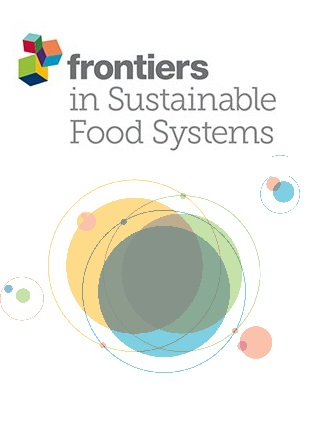Urgent action is needed to address climate change, land degradation, and biodiversity loss. The Regreening Africa project (2017–2023), recently recognized as a UN World Restoration Flagship, aimed to reverse land degradation over large areas of land for the triple benefit of people, biodiversity, and climate in eight African countries. Based on projections and early lessons learned, the project sought to identify sustainable scaling models to achieve its ambitious targets. The so-called “Asset-Based Community-driven Development (ABCD) in Regreening” project aimed to demonstrate the positive contribution of deliberate community engagement and co-design. The project introduced ABCD sessions to 30 purposively selected community groups in the Regreening intensification sites in western Kenya. ABCD combines a unique set of framings, methods, and processes that focus on people’s assets and agency, and emphasizes the importance of their attitudes toward self and others for sustainable behavior change. To evidence that ABCD intrinsically contributes to sustainable adoption and scaling of Regreening practices, the project developed the F-ACT+ tool to assess the alignment between ABCD and agroecological practices, and collected baseline and endline data from 300 project and 300 non-project participants. Results showed accelerated agroecological integration among ABCD project participants. ABCD participants showed significant improvements in nine agroecological principles and eight system components, particularly in the economic diversification, social values and diets, and knowledge co-creation principles, as well as in the pest and disease, household, and value chain system components. Summary ATT between ABCD and non-ABCD respondents was positive and significant in 10 principles and eight system components. The results support the synergistic contribution of ABCD to projects targeting sustainable behavior change at the individual and collective levels. Due to its focus on outcomes, this study provided limited insight into the specific mechanisms of ABCD, which are the subject of a separate publication on parallel theory-based contribution analysis work.
DOI:
https://doi.org/10.3389/fsufs.2024.1449615
Skor altmetrik:
Jumlah Kutipan Dimensi:


















